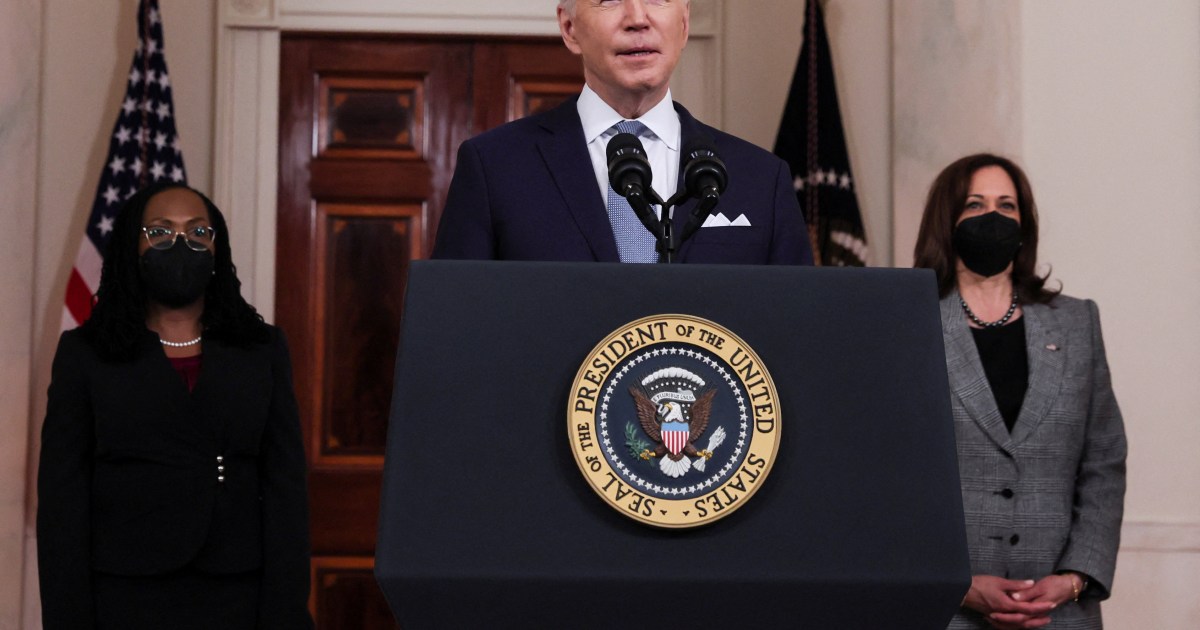US President Joe Biden announced - on Tuesday - a US ban on Russian energy imports, including oil and gas, reinforcing the pressure campaign on Moscow in response to its war in Ukraine, and Biden confirmed that the new ban was decided "in close coordination" with allies.
Biden said - in a speech at the White House - "We will ban all imports of oil, gas and energy. This means that Russian oil will no longer be accepted in US ports and the American people will deal another powerful blow to Putin."
On Monday, Alexander Novak, the Russian Deputy Prime Minister, warned that oil prices could jump above $300 a barrel if Washington and Europe ban crude imports from Russia.
Novak added - in a video statement broadcast by Russian television - that "it is absolutely clear that the rejection of Russian oil will lead to catastrophic consequences for the global market."
The Russian Deputy Prime Minister also said that his country may cut off gas supplies through the pipeline "Nord Stream 1" to Germany, but it has not yet taken such a decision.
The United States is much less dependent than Europe on crude and oil products from Russia, but a ban will help push prices higher and hurt American consumers who are already struggling with historically high prices at gas stations.
In parallel with the US decision, Britain said today, Tuesday, that it will gradually get rid of imports of Russian oil and petroleum products by the end of 2022, explaining that this will give the market and companies very enough time, to find alternatives to imports that cover 8% of demand.
"The government will also work with companies through a new oil task force to support them to take advantage of this period in finding alternative supplies," British Business and Energy Minister Kwasi Quarting said.
Today, Tuesday, the Russian operation in Ukraine is entering its twelfth day in a row, after Russian President Vladimir Putin announced the implementation of military operations on Ukrainian soil, on the morning of last February 24.
European, Western and American countries imposed huge economic sanctions on Russia, and those sanctions also targeted Moscow's leaders, led by President Vladimir Putin and Russian Foreign Minister Sergei Lavrov.
oil prices
Oil prices jumped to their highest levels since 2008 above $130 a barrel, due to delays in the possible return of Iranian crude to global markets while the United States and its European allies consider banning Russian imports.
Europe relies heavily on Russia for crude oil and natural gas, but has become more open to the idea of banning Russian products.

